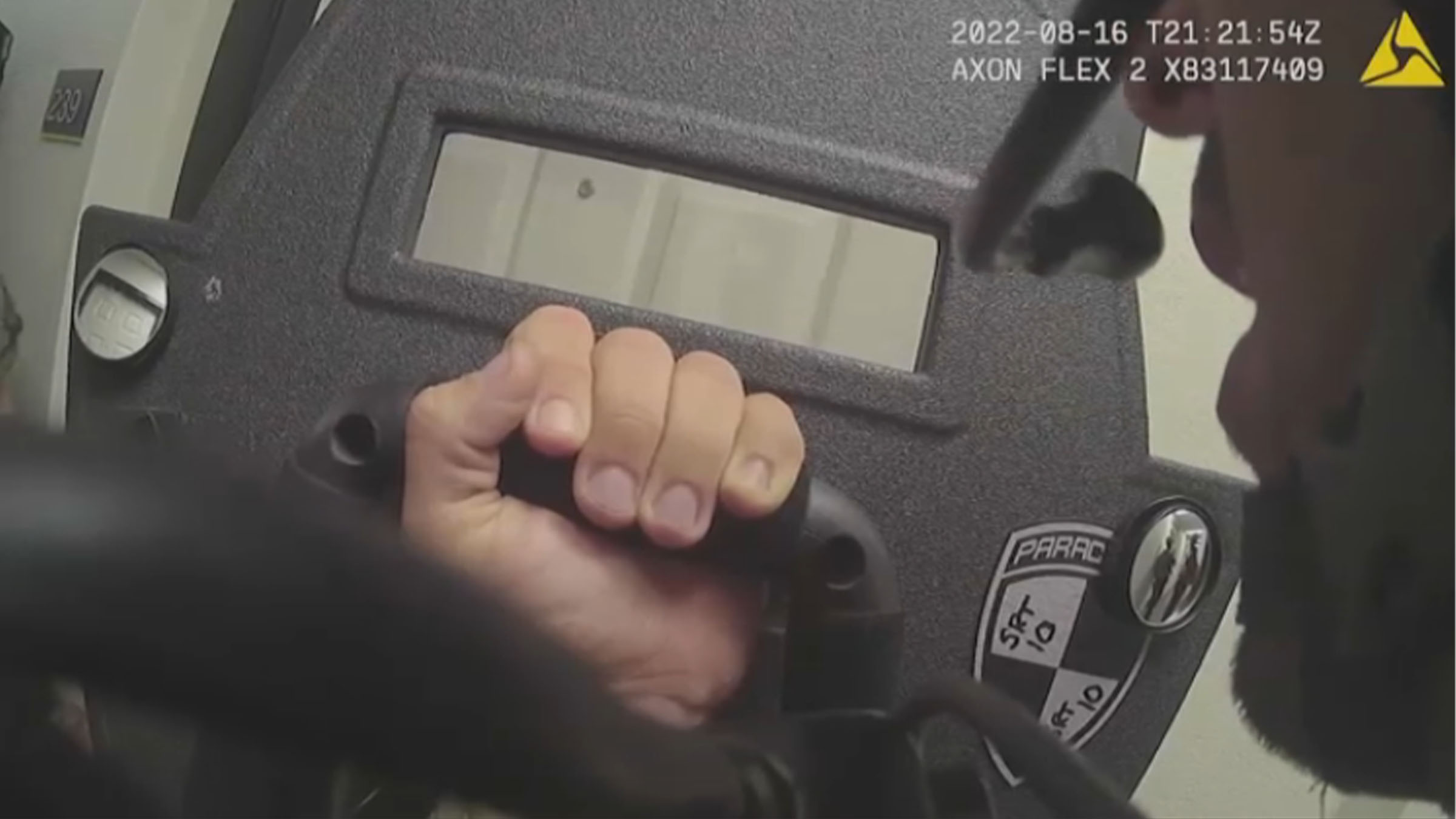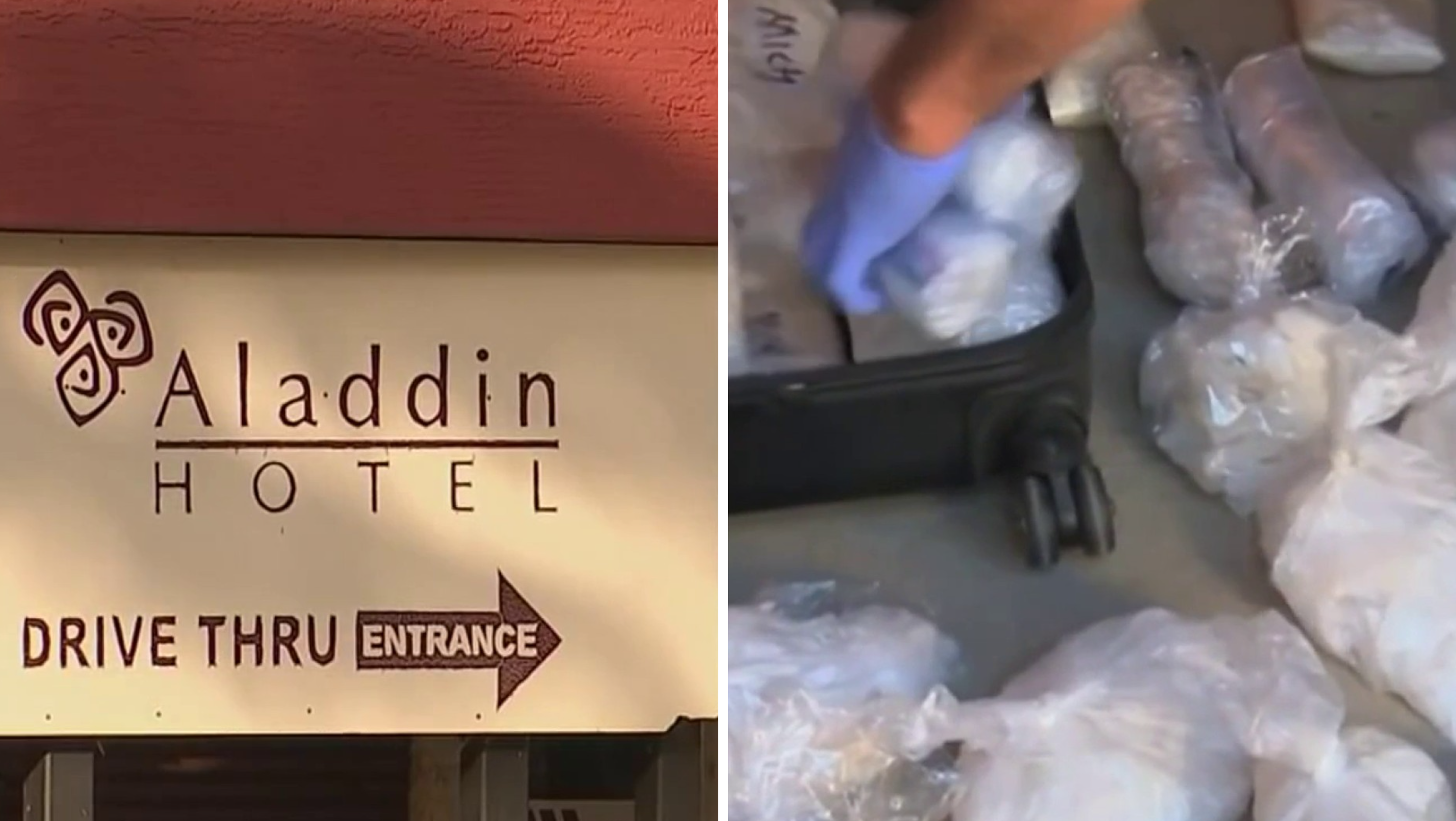It’s the prison in Downtown Miami rising from the concrete below and surrounded by beaming luxury condos.
The Federal Detention Center, known as “FDC Miami,” houses 1,300 inmates, including high-profile ones like Alex Saab, who the feds say is a close ally of Venezuelan President Nicolas Maduro.
Staff at FDC Miami told NBC 6 Investigators exclusively that drones have been used more than once in an effort to get around the security at the concrete prison.
Eric Spears is a correctional officer at FDC Miami and the officers’ union president.
Get South Florida local news, weather forecasts and entertainment stories to your inbox. Sign up for NBC South Florida newsletters.
“We’ve recently had drone incidents,” Spears said. “There were attempts to introduce potential contraband into the facility.”
Spears shared an email he says he sent in April, telling management at the facility he received multiple reports of “inmates or cohorts” using drones to “drop off narcotics and, or other illegal contraband (i.e. weapons, cellphones, etc).”
When asked how, Spears declined to provide specifics citing security concerns.
Investigations
The NBC 6 Investigators get results
“This is a new technology that needs to be dealt with,” he said.
A 2017 NBC 6 Investigation found drones were used to get inmates makeshift weapons, drugs, and cellphones at the federal facility in South Miami-Dade and at state prisons with open yards.
Florida has a law that prohibits flying drones over any state prison or county jail. The federal government has a no-fly zone over its prisons too and Downtown Miami is also off-limits.
“Anyone who wanted to fly in that area would need authorization from the Federal Aviation Administration just to start,” said Orlando Villaverde, a retired helicopter pilot from the Miami Police Department.
Villaverde said those trying to help inmates break the rules don’t need much training.
“Because of the autonomous technology—so advanced—you know it's easy to fly,” he explained. “It gives the capability to an individual who has very limited experience in flying … to operate this technology successfully.”
Spears said the drones add to the dangers staff face inside.
“We’ve had violent altercations with inmates who are high on narcotics,” Spears said, adding the facility is understaffed.
The Federal Bureau of Prisons declined our request for an interview and wouldn't confirm reports of drones at FDC Miami and other facilities, but in a statement, a spokesperson said, “The BOP is committed to ensuring the safety and security of all inmates, staff, and the public, which includes addressing the security threats that Unmanned Aerial Systems (i.e., UASs or "drones") pose to our facilities. The BOP addresses this problem using a multi-faceted approach. We continue to proactively research, rigorously evaluate, and deploy proven security technologies to detect, interdict, and mitigate dangerous contraband, including UASs.”
The spokesperson went on to say, “Despite challenges posed by the pandemic, we have managed our staffing levels to maintain the safety and security of our staff and inmates…” adding they are “actively seeking to fill vacation positions.”



